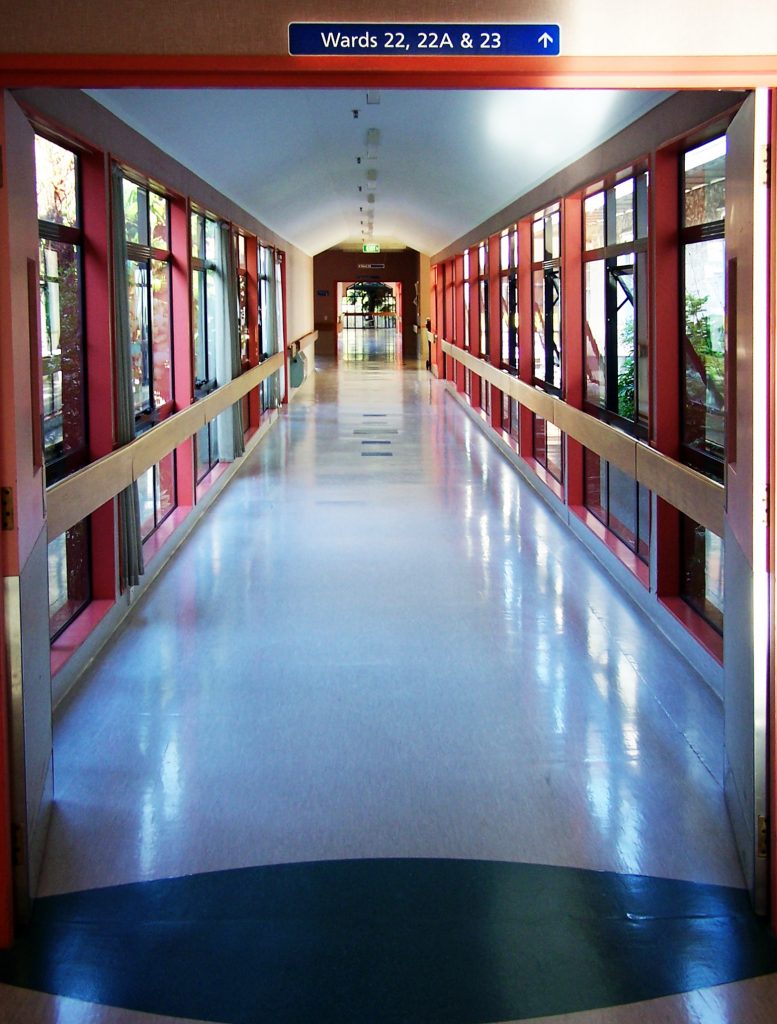 If you have been affected by medical malpractice in any way, you must always be sure to know your rights and the time limits associated with filing any actions against the doctors or medical facilities involved. Generally, there are statutes that limit how long you have to file a claim in court for medical malpractice and if you miss those deadlines, you will not be able to file your lawsuit. It is of utmost importance to find a good lawyer right away who can help you understand your rights and navigate deadlines before it is too late. In Louisiana, the law requires that if you are filing for medical malpractice, you must do so within one year from the date of discovery of the alleged act, omission, or neglect associated with your case. See La. R.S. 9:5628.
If you have been affected by medical malpractice in any way, you must always be sure to know your rights and the time limits associated with filing any actions against the doctors or medical facilities involved. Generally, there are statutes that limit how long you have to file a claim in court for medical malpractice and if you miss those deadlines, you will not be able to file your lawsuit. It is of utmost importance to find a good lawyer right away who can help you understand your rights and navigate deadlines before it is too late. In Louisiana, the law requires that if you are filing for medical malpractice, you must do so within one year from the date of discovery of the alleged act, omission, or neglect associated with your case. See La. R.S. 9:5628.
In this case, Ms. Watson, a coach at a high school in Louisiana, had a family history of breast cancer. In March 2009, she visited Glenwood Medical Mall (“Glenwood”) to get a mammogram and the doctor (Dr. Atchison) found a small lesion. Ms. Watson testified that Dr. Atchison told her the lesion was benign and she was cancer-free. Just a few weeks later, she discovered a small knot in her breast and returned to the clinic in May 2009 convinced of a diagnosis of breast cancer. A nurse examined Ms. Watson and told her it was a superficial cyst caused by her soda intake. In May 2010, a different doctor told her she did indeed have breast cancer and Ms. Watson testified that by then she felt certain Dr. Atchison and Glenwood had misdiagnosed her cancer and that she had lived for an entire year with cancer and obtained no treatment because of that misdiagnosis.
Eventually, Ms. Watson had a double mastectomy upon the recommendation of the doctor who had found cancer. Ms. Watson filed her medical malpractice suit on June 14, 2011, claiming that she had reduced chances of survival and had undergone treatment that would not have otherwise been necessary. The doctor and hospital filed exceptions of prescription and argued that since Ms. Watson had received her diagnosis of breast cancer in May 2010 and filed in June 2011, she was outside the one-year period for filing a medical malpractice action. The Trial Court found that the evidence was enough to show Ms. Watson should have known about her misdiagnosis in May 2010 and held that the exception of prescription applied to time-bar her action.
 Louisiana Personal Injury Lawyer Blog
Louisiana Personal Injury Lawyer Blog


 How do you know whether an arbitration provision in a contract applies? The easy answer: read the contract. If you are a member of a company that provides services to you, such as financing your small business needs, you must be sure to closely read any and all documentation relating to the services provided and what you can do if you are dissatisfied with the company’s work. Companies will often include an arbitration and mediation clause in their contracts with individual members. This means that instead of suing the company in a court of law, the dispute would first have to be arbitrated by an independent third party and an attempt at mediation would have to be made. In Louisiana, companies frequently create operating agreements that function as contracts between owners and members. These operating agreements use a lot of boiler plate language that is ultimately enforced. In fact, Louisiana law favors arbitration. See
How do you know whether an arbitration provision in a contract applies? The easy answer: read the contract. If you are a member of a company that provides services to you, such as financing your small business needs, you must be sure to closely read any and all documentation relating to the services provided and what you can do if you are dissatisfied with the company’s work. Companies will often include an arbitration and mediation clause in their contracts with individual members. This means that instead of suing the company in a court of law, the dispute would first have to be arbitrated by an independent third party and an attempt at mediation would have to be made. In Louisiana, companies frequently create operating agreements that function as contracts between owners and members. These operating agreements use a lot of boiler plate language that is ultimately enforced. In fact, Louisiana law favors arbitration. See 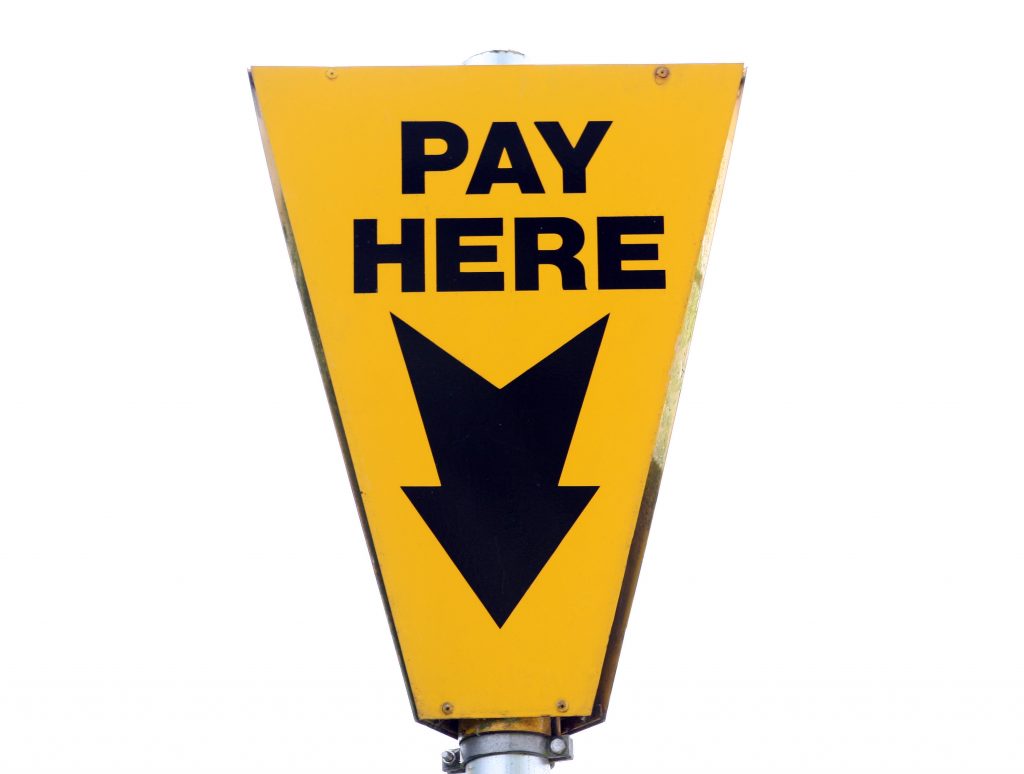 When reviewing a lower court’s decision that an exception of no cause of action should be sustained, an appeals court will determine whether, in the light most favorable to the plaintiff, there exists a valid cause of action for relief. When there is no valid cause of action for relief stated, the case will be properly dismissed.
When reviewing a lower court’s decision that an exception of no cause of action should be sustained, an appeals court will determine whether, in the light most favorable to the plaintiff, there exists a valid cause of action for relief. When there is no valid cause of action for relief stated, the case will be properly dismissed. Uninsured and underinsured motorist coverage is an insurance add-on that protects you against another person’s failure to maintain adequate insurance. This coverage can pay for injuries and property damage caused by another motorist who is not carrying adequate insurance. However, the policy will only cover those things set out in the agreement with the insurer. All insurance agreements are considered contracts under Louisiana law. Therefore, the rules governing contracts generally apply to insurance agreements.
Uninsured and underinsured motorist coverage is an insurance add-on that protects you against another person’s failure to maintain adequate insurance. This coverage can pay for injuries and property damage caused by another motorist who is not carrying adequate insurance. However, the policy will only cover those things set out in the agreement with the insurer. All insurance agreements are considered contracts under Louisiana law. Therefore, the rules governing contracts generally apply to insurance agreements.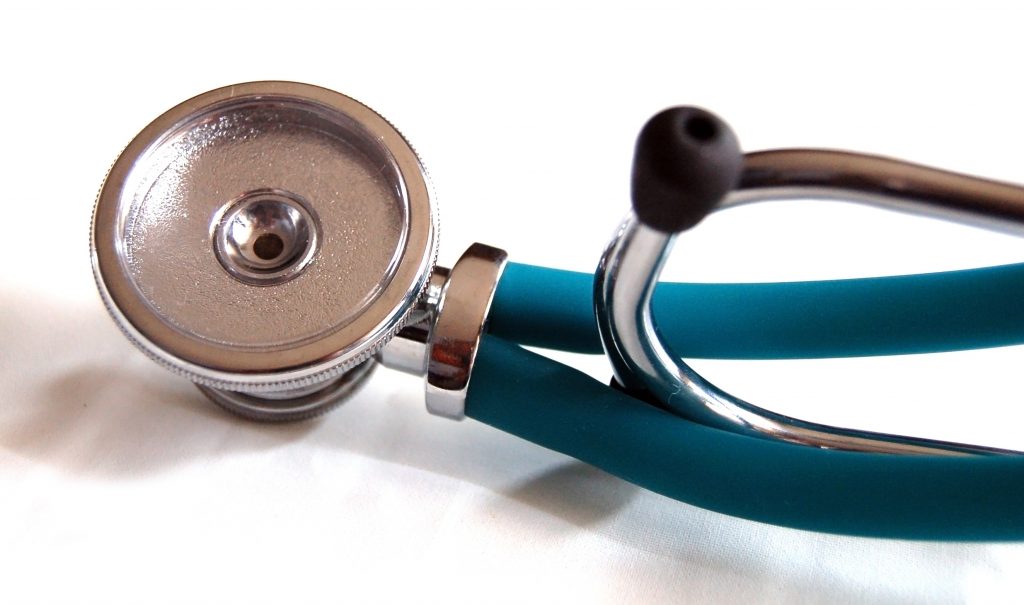 The issue of whether a doctor’s treatment was the cause of a plaintiff’s injury can ultimately be left to a court to decide. If you have been injured after receiving treatment by a physician, it is important to contact a good lawyer to make sure you maximize your odds of winning the compensation you’re entitled to.
The issue of whether a doctor’s treatment was the cause of a plaintiff’s injury can ultimately be left to a court to decide. If you have been injured after receiving treatment by a physician, it is important to contact a good lawyer to make sure you maximize your odds of winning the compensation you’re entitled to. Police officers play an integral role in the health, safety, and welfare of the communities they serve and protect. There are many situations where these officers put their lives on the line. There are also some situations where these officers must aid in the day to day needs of civilians. Such needs may include a police escort in order to retrieve belongings from a residence. Are police officers liable for the harm to a civilian that results after the police leave during a police escort? The Louisiana Third Circuit Court of Appeal affirmed a lower court finding that police officers were not liable in such a situation.
Police officers play an integral role in the health, safety, and welfare of the communities they serve and protect. There are many situations where these officers put their lives on the line. There are also some situations where these officers must aid in the day to day needs of civilians. Such needs may include a police escort in order to retrieve belongings from a residence. Are police officers liable for the harm to a civilian that results after the police leave during a police escort? The Louisiana Third Circuit Court of Appeal affirmed a lower court finding that police officers were not liable in such a situation.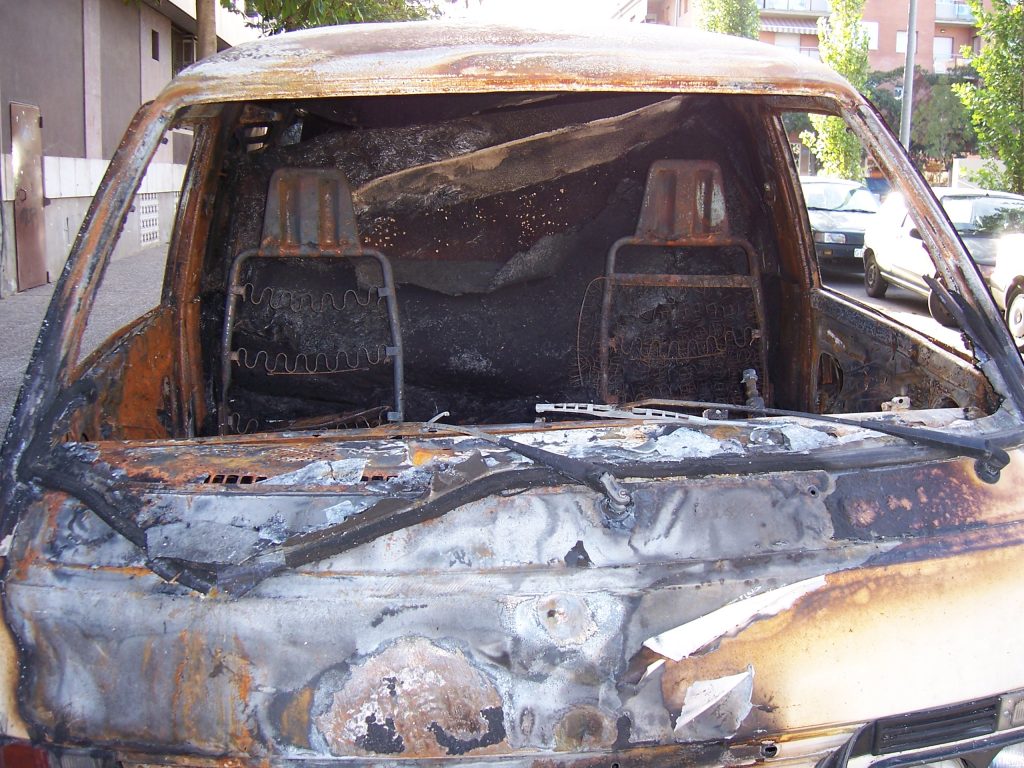 If you ever suffer from a slip and fall, car accident, or other personal injuries you may be awarded compensation for your injuries by the court. The legal system relies on juries, as triers of fact, to determine damages suffered by parties, and the amount of compensation the injured person is entitled to. The jury’s obligation is to evaluate the facts in a reasonable manner and assign compensation. When the jury in a personal injury case renders a verdict and announces an award, that amount should not be amended unless there is an obvious error in the award. See
If you ever suffer from a slip and fall, car accident, or other personal injuries you may be awarded compensation for your injuries by the court. The legal system relies on juries, as triers of fact, to determine damages suffered by parties, and the amount of compensation the injured person is entitled to. The jury’s obligation is to evaluate the facts in a reasonable manner and assign compensation. When the jury in a personal injury case renders a verdict and announces an award, that amount should not be amended unless there is an obvious error in the award. See 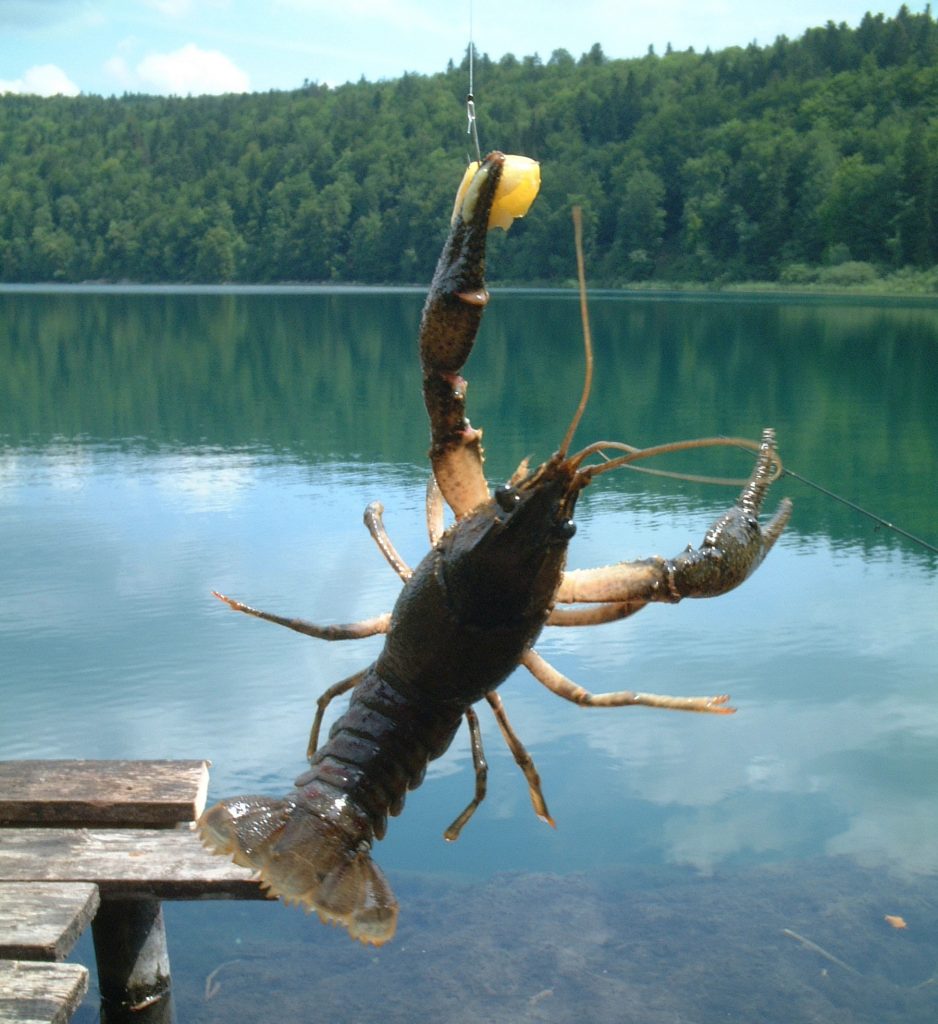 Many Americans do not know that it is actually possible to legally acquire another person’s land without possessing fair title or good faith. Of course, specific guidelines must be followed, but with some will, knowledge, and close attention to detail, this process known as “adverse possession” can be surprisingly simple to accomplish.
Many Americans do not know that it is actually possible to legally acquire another person’s land without possessing fair title or good faith. Of course, specific guidelines must be followed, but with some will, knowledge, and close attention to detail, this process known as “adverse possession” can be surprisingly simple to accomplish.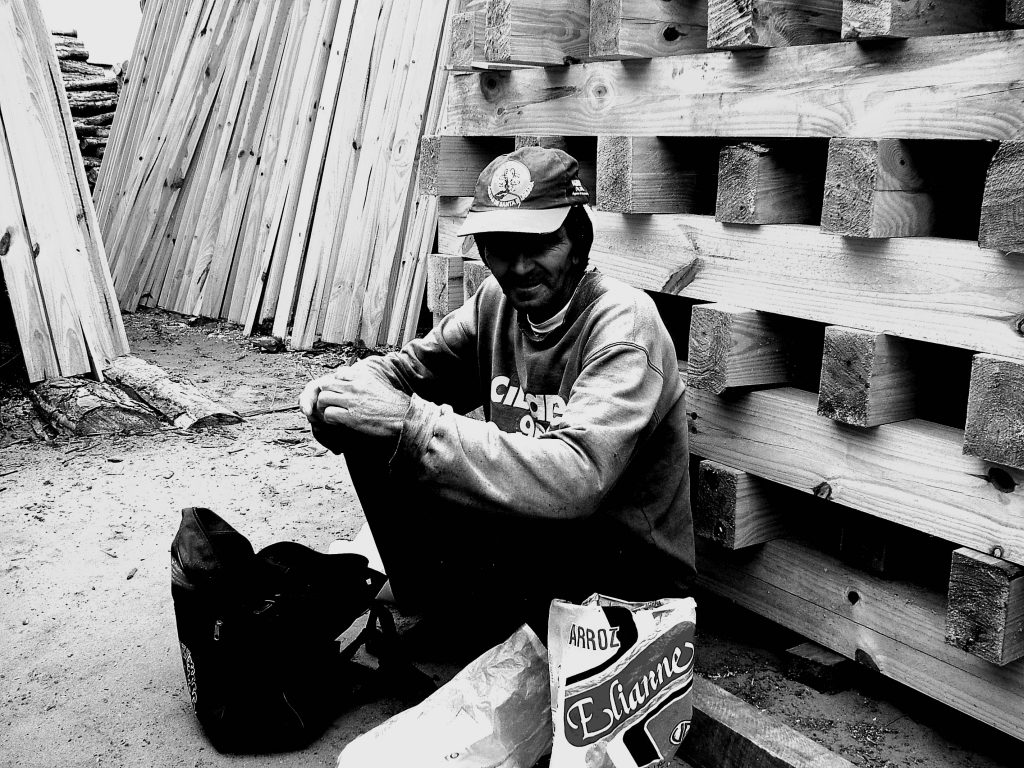 Imagine what it’s like to be a dedicated employee. You love your job, you’re never absent from work due, and you never have any problems with your employer. Until one day, you are having an unexplained health problem. Turns out you have been exposed to a toxic substance and you believe your employer intentionally harmed you, causing significant injury. It may be necessary to get more information to determine if an employer committed an intentional tort.
Imagine what it’s like to be a dedicated employee. You love your job, you’re never absent from work due, and you never have any problems with your employer. Until one day, you are having an unexplained health problem. Turns out you have been exposed to a toxic substance and you believe your employer intentionally harmed you, causing significant injury. It may be necessary to get more information to determine if an employer committed an intentional tort. 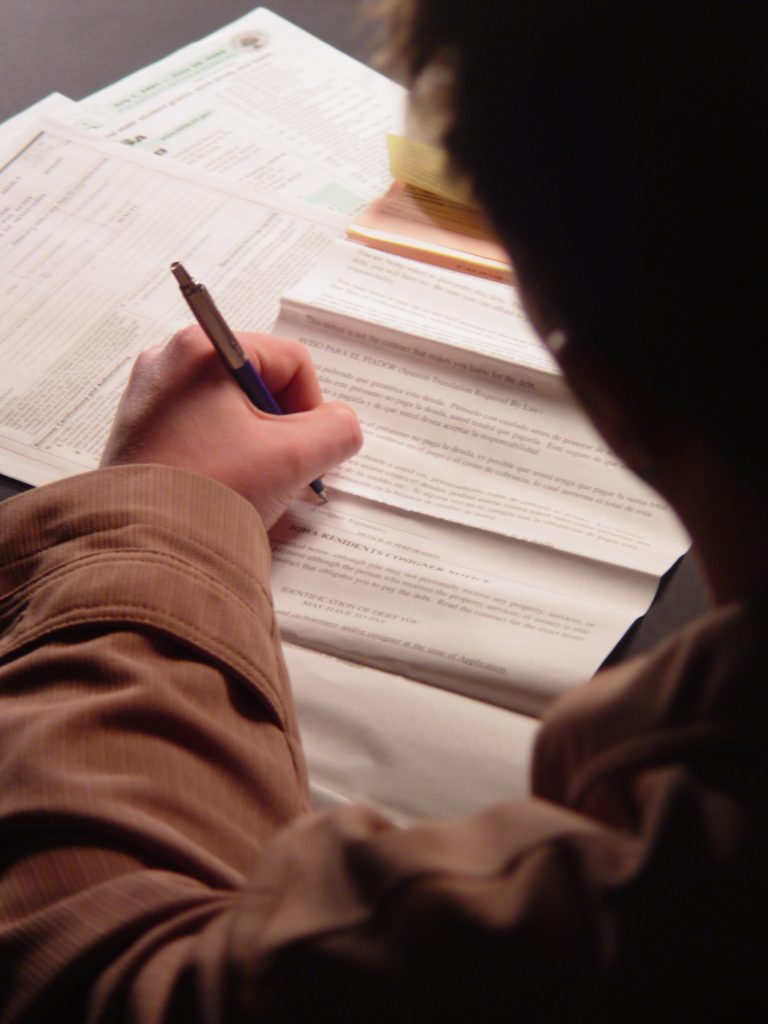 No one likes to deal with insurance matters. Shopping for insurance and understanding the terms of an insurance policy can be complex. Most people are happy to just pay their monthly premiums and know that they have insurance when they need it – and then hope they never need it at all. One woman learned how complex insurance matters can be when she was injured in July of 2012 when the Pontiac Sunfire that she was driving was involved in an auto accident in Ouachita Parish.
No one likes to deal with insurance matters. Shopping for insurance and understanding the terms of an insurance policy can be complex. Most people are happy to just pay their monthly premiums and know that they have insurance when they need it – and then hope they never need it at all. One woman learned how complex insurance matters can be when she was injured in July of 2012 when the Pontiac Sunfire that she was driving was involved in an auto accident in Ouachita Parish.